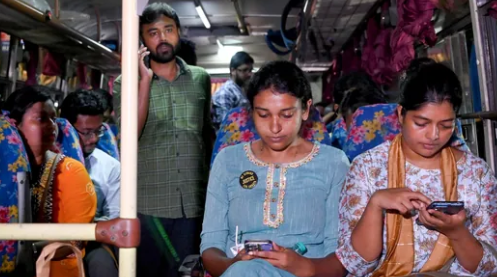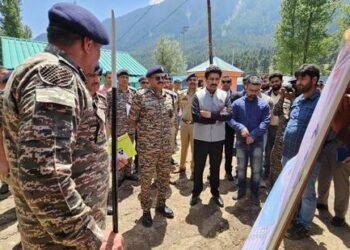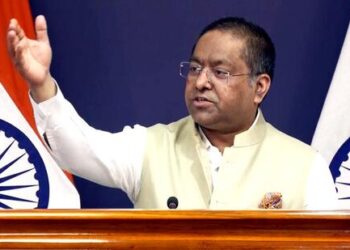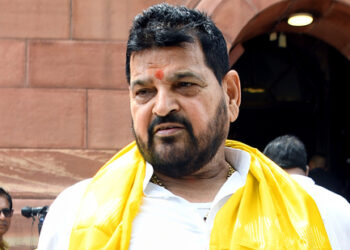The second round of talks between junior doctors and the West Bengal government ended without any significant breakthrough on Wednesday. The discussions, centred on the aftermath of the alleged rape of a junior doctor in a state-run hospital, primarily focused on demands for improved safety measures and systemic reforms in healthcare facilities.
Junior doctors, who have been at the forefront of protests, demanded robust security measures, including the installation of CCTV cameras, increased police presence, and the establishment of secure accommodation for medical staff. Despite these urgent demands, the talks failed to yield a definitive roadmap for action. “We expected immediate steps, but the response was vague and non-committal,” said a representative from the junior doctors’ association.
The Bengal government, while acknowledging the gravity of the situation, has urged for patience and calm. Officials stated that discussions would continue in an effort to resolve the crisis, but junior doctors have expressed frustration at the lack of concrete proposals.
The stalemate has not only disrupted medical services across Kolkata’s government hospitals but also intensified public scrutiny on the state’s ability to safeguard healthcare workers. With patient care increasingly affected, the standoff has further strained an already overburdened system.
The junior doctors have vowed to continue their protests until their demands are met, signalling the possibility of an extended impasse. The next round of talks has yet to be scheduled, as the Bengal government seeks to balance the needs of its medical workforce with the practical challenges of implementing wide-ranging reforms.








 India
India












